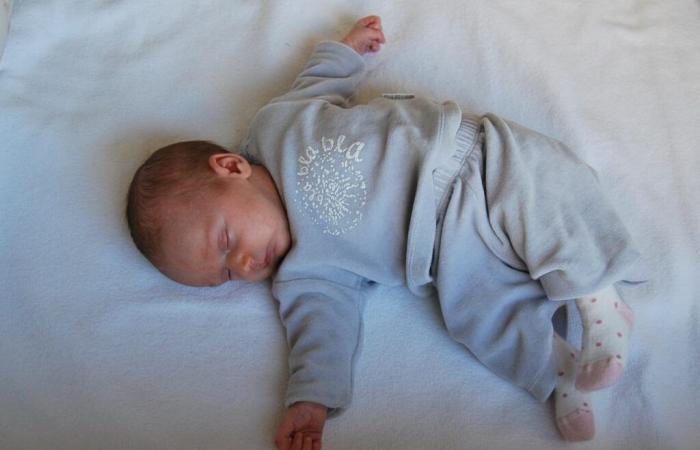Sleep, essential to our development and well-being, changes considerably from birth to adulthood. A recent study published in the journal Sleep Medicine Reviews explores how biological and sociocultural differences between the sexes influence the characteristics and quality of sleep during different stages of development.
Sleep influenced by sex and gender
The sex plays a crucial role in brain development and influence sleep, particularly in terms of duration, structure and quality. Although research has already established sex-related differences in fields like neurology, cardiology or psychiatry, few studies have focused on their impacts on sleep.
Studies have shown that gender differences in brain maturation appear from birth. For example, imaging analyzes revealed that interhemispheric fibers were better developed in girls, which could influence their sleep architecture. A British study of 11,500 children also showed that girls slept on average five to ten minutes more per night than boys, a difference attributed to later waking times.
Adolescence: a pivotal period
Adolescence is marked by significant changes in sleep, often linked to external factors (exposure to light from screens, school obligations) and internal factors (changes in the circadian system and the homeostatic need for sleep). Girls appear to experience an earlier decline in slow-wave sleep and greater fragmentation of their sleep as they reach puberty. These changes are influenced by hormones, notably estradiol, which consolidates sleep-wake states in girls.
A survey carried out in France on 381 children aged 4 to 16 revealed that 17.3% of them had pathological sleep disorders, such as difficulty falling asleep or sleep-related breathing problems. These disorders could be exacerbated by biological and hormonal differences between boys and girls.
A long-term perspective
Sex differences in sleep persist throughout life and are accentuated at puberty. Understanding these distinctions could lead to better diagnosis and treatment of sleep disorders in children. Researchers are calling for additional studies to deepen our understanding of the interactions between sleep, brain development and hormones.
Illustration : Pixabay (cc)
[cc] Breizh-info.com, 2024, dispatches free to copy and distribute subject to mention and link to the original source
Health






